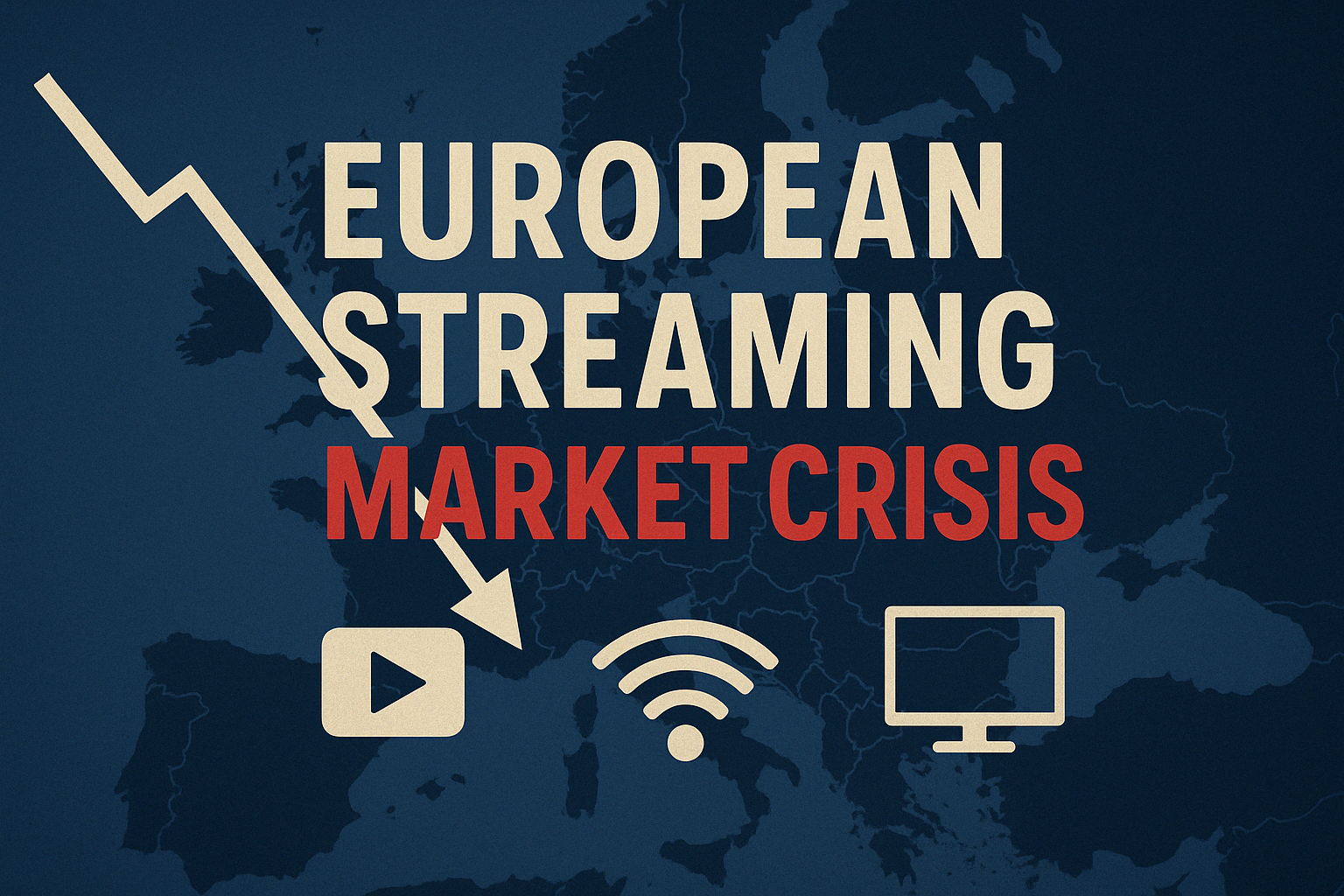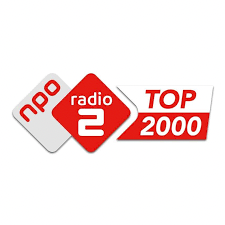Tag: Media Research
-

Collaborative Streaming Infrastructures in Europe
Europe’s streaming market remains fragmented due to linguistic, cultural, and regulatory divisions, preventing the rise of a unified platform like Netflix. This research explores how collaborative infrastructures—such as the Bedrock platform—enable national broadcasters to share technology while maintaining editorial independence. Through co-opetition, these ventures aim to achieve scale, reduce costs, and enhance user experience, offering…
-

Metrics (Don’t) Matter! Media Measurement; Digital Age
In today’s fragmented media landscape, traditional metrics like viewership and subscriber counts are no longer enough. Drawing from the podcast “The Metrics Don’t Matter” with Evan Shapiro and Marion Ranchet, this essay explores how media professionals must move beyond vanity metrics to embrace tools and measurements that reflect real audience engagement. From attention metrics to…
-

Improving television production and development processes
Eight ideas for television production research!
-
ZDF in the Age of Digital Streaming:
Introduction The landscape of media consumption has transformed drastically over the past decade, shifting from traditional linear broadcasting to digital streaming platforms. Among the key players in this transformation are ZDF Studios and YouTube, two distinct yet influential entities in the digital content ecosystem. ZDF Studios is the commercial arm of Germany’s largest public-service broadcaster,…
-

Research Ideas: Loss Aversion and Marketing
Ten research suggestions building upon the existing literature on loss aversion’s impact on marketing and commercial strategies. The preceding analysis highlighted the significant influence of loss aversion on consumer behavior, shaping decisions across various marketing aspects, from advertising and pricing to product design and customer loyalty. These suggestions aim to address gaps in current understanding…
-

YouTube Strategy for Traditional Media: Channel 4’s Approach
Channel 4’s approach to YouTube demonstrates that traditional broadcasters can successfully adapt to the changing media landscape. By embracing data-driven decision-making, tailoring content to platform-specific audiences, and maintaining a flexible strategy, broadcasters can turn potential threats into opportunities for growth and audience engagement.As the lines between traditional and digital media continue to blur, the experiences…
-
The Development of Detective Literature: A Comparative Analysis of English, European, and American Traditions (1900-2000)
Introduction: The Rise of the Detective Genre This paper examines the evolution of detective fiction in England, Europe, and America from 1900 to 2000, comparing and contrasting the key characteristics, thematic concerns, and stylistic innovations within each region. The study will analyze the influence of social, political, and cultural contexts on the genre’s development, highlighting…
-
The Use of Scent to Enhance Immersion in Virtual Reality, Streaming, and Broadcasting
Introduction The integration of olfactory cues, or scents, into virtual reality (VR), streaming, and broadcasting environments represents a burgeoning field of research aimed at enhancing user immersion and engagement. While visual and auditory stimuli have long been the dominant forces in these media, the potential of olfaction to create more realistic and emotionally resonant experiences…
-

Quick Comparison Belgian, German and Dutch Top 2000 ( top 20)
1. Artists 2. Genres 3. Songs 4. Country Representation Summary Table Aspect Netherlands Germany Belgium Top Song Bohemian Rhapsody (Queen) Bohemian Rhapsody (Queen) Bohemian Rhapsody (Queen) Top Artist(s) Queen, Eagles, Boudewijn de Groot Queen, Disturbed, Pink Floyd Queen, Will Tura, Gorky Genres Rock, Pop, Heavy Metal Rock, Pop, Progressive Rock Rock, Pop, Schlager Local Artists…
-
NMO Research
The National Media Research (NMO) is a comprehensive initiative that provides insight into the media behavior of the Dutch population. This research measures and reports on the collective reach of television, radio, print, and online media. NMO was created through a collaboration between four key media research organizations in the Netherlands: TV Research Foundation (SKO),…
